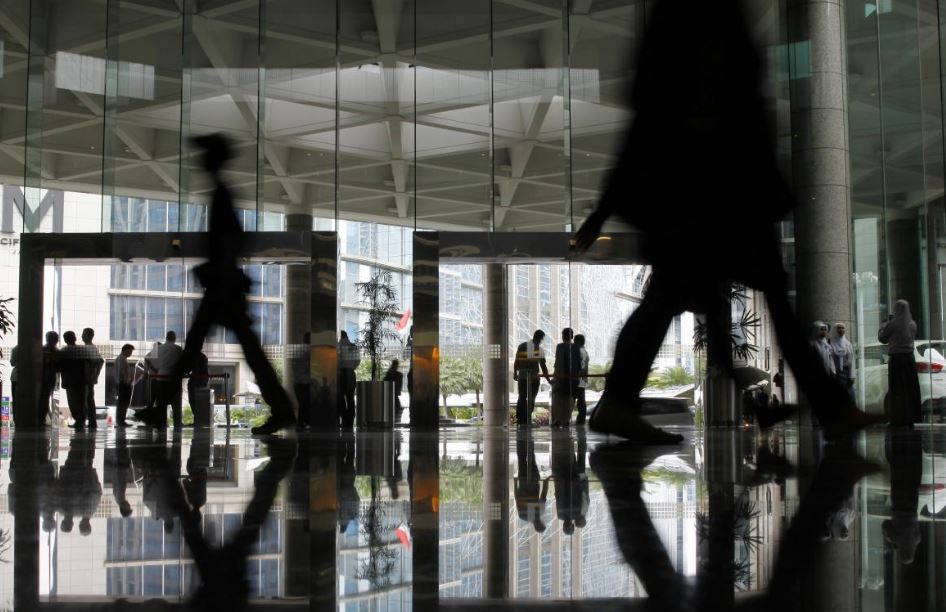×
The Standard e-Paper
Smart Minds Choose Us

SHANGHAI - Asian shares jumped on Friday after a phone call between the US and Chinese presidents raised hopes of a thaw in trade tensions, but gains were checked by signs of slowing global growth and a warning from tech giant Apple Inc on holiday sales.
MSCI’s broadest index of Asia-Pacific shares outside Japan touched a two-and-a-half-week high and was last up 1.4 percent, adding to the previous session’s strong gains.